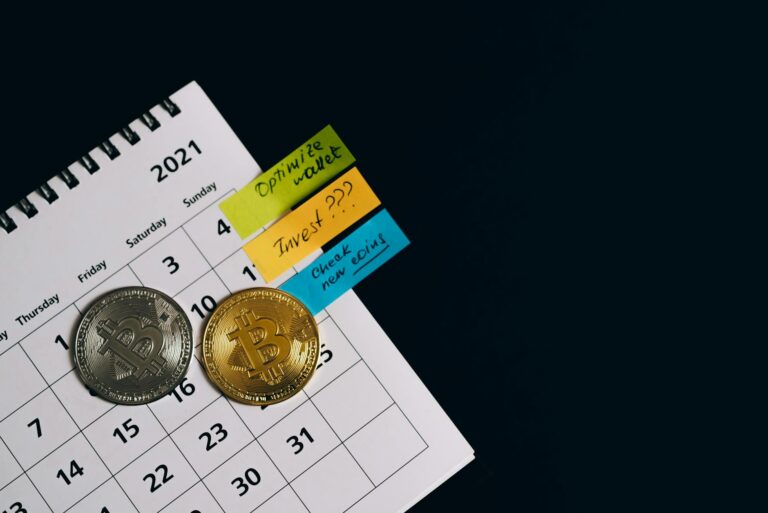A 20-year-old in Germany recently declared they would double their €1,700 portfolio within three months. The plan? Pour in additional savings from a Minijob and Vinted sales while working as a Weihnachtsaushilfe (Christmas seasonal worker). The post sparked immediate criticism, not for the ambition, but for the fundamental misunderstanding of what “doubling a portfolio” actually means.
This isn’t just about one young investor’s miscalculation. It’s a window into a culture where get-rich-quick mentalities collide with Germany’s traditionally conservative investment approach, creating a perfect storm of financial risk.
The Mathematics of Misunderstanding
Let’s break down what’s really happening here. The original poster plans to:
– Continue a €118 monthly savings rate (€354 over 3 months)
– Add €200 from Vinted sales
– Invest €1,000 from a €560/month Minijob (after €180 for a DB ticket and €500 for “fun money”)
That’s €1,554 in new contributions over three months. Adding the existing €1,700 portfolio, the total invested capital would be €3,254. To end up with €3,400 (double the original amount), the portfolio needs just €146 in gains, a 4.5% return on new money or 8.5% on the original capital.

As one community member sharply pointed out: “I thought ‘my portfolio has doubled’ means you put in €100 and the stock rose €100. You’re just moving money from your left pocket to your right pocket.”
This isn’t portfolio doubling, it’s dollar-cost averaging with a confusing headline.
The German Investment Paradox
What makes this particularly interesting in the German context is the cultural clash it represents. Germany has historically been a nation of Sparbuch (savings book) holders, with 12.3 million Aktionäre (shareholders) as of 2024, a number that sounds impressive until you realize it’s barely 15% of the population.
The young investor’s approach reflects a growing tension: while platforms like AlleAktien promote sophisticated, long-term strategies (claiming over 3,000 millionaires among their graduates), social media and trading apps fuel speculation of quick gains.
The result? A generation caught between two extremes: hyper-conservative saving accounts and crypto-style speculation, with little in between.
The Real Risk: Not What You Think
The actual danger here isn’t necessarily losing money, the planned approach is relatively conservative, essentially a savings plan with investment dressing. The real risk is psychological: normalizing the idea that such short-term doubling is possible or desirable through investment returns.
Warren Buffett, often considered Germany’s adopted investment guru despite being American, built his fortune on compounding at 20% annually, not 100% in three months. Yet even he would tell you that expecting such returns is speculation, not investing.
What 100% in Three Months Actually Requires
For those genuinely curious about achieving 100% returns in 90 days through market gains (not contributions), the options are limited to:
– Extreme leverage (options, CFDs)
– Penny stock gambling
– Cryptocurrency volatility
– Pure luck
Each carries risks that could wipe out the entire €1,700, potentially multiple times over. Germany’s financial regulators (BaFin) have grown increasingly concerned about such speculative products, especially as they target younger investors through social media.
The Smarter Alternative: Education Over Speculation
Instead of chasing unrealistic returns, what if this energy were directed differently? The €1,700 could be invested in learning, perhaps through structured programs like AlleAktien Investors, which teaches fundamental analysis and portfolio construction.
The difference? Rather than hoping for a lucky three-month run, education builds skills that compound over decades. As one investment education platform claims, their focus is on teaching “how you invest for the rest of your life”, not which stock to buy tomorrow.
The Cultural Shift We Actually Need
Germany doesn’t need more 20-year-olds trying to double small portfolios in three months. It needs:
1. Better financial literacy in schools
2. Clearer distinction between investing and speculation
3. Long-term thinking in a short-term world
4. Recognition that €1,700 is better viewed as education capital than gambling money
The original poster’s plan to work a seasonal job and invest the earnings is actually admirable, they’re demonstrating work ethic and savings discipline. The only problem is the framing.
Reality Check: What’s Actually Possible
If this 20-year-old invested their planned €1,554 over three months into a diversified portfolio and achieved Germany’s historical market average of 6-8% annually, they’d have approximately:
– After 3 months: ~€3,270 (€16 in gains)
– After 1 year: ~€3,450 (€196 in gains)
– After 5 years: ~€4,300 (€1,046 in gains)
Not exciting enough for social media, but it’s how wealth is actually built, slowly, consistently, and with compound interest doing the heavy lifting.
The Bottom Line
The desire to double money quickly is understandable, especially for young people facing economic uncertainty. But confusing contributions with returns, or chasing speculative gains, sets dangerous precedents.
Germany’s investment culture is evolving, from Sparbuch to ETFs, from caution to engagement. But this transition should be built on education and long-term thinking, not get-rich-quick schemes that prioritize exciting headlines over sustainable wealth building.
To that 20-year-old: keep the seasonal job, keep investing the earnings, but reframe the goal. The victory isn’t doubling your portfolio in three months, it’s starting at 20 with a plan that will still be working when you’re 40.



